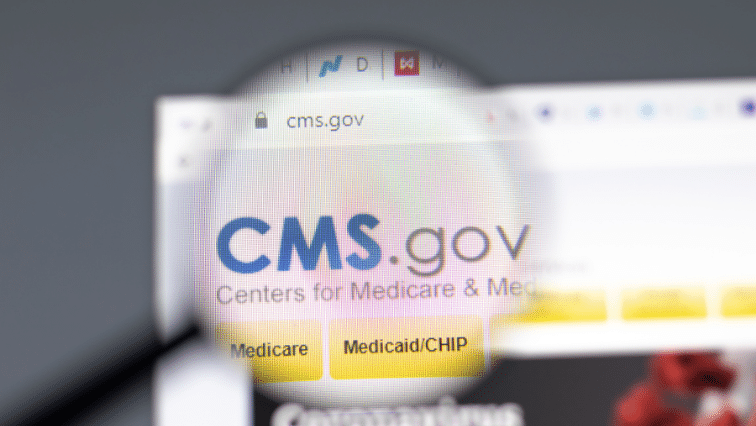

On August 25, the Centers for Medicare and Medicaid Services (CMS) released performance results for the eighth performance year (2020) of the Medicare Shared Savings Program(MSSP). The results for this year need to be interpreted carefully given that the majority of the performance year occurred during the global COVID-19 pandemic. As a result of the pandemic, health care utilization patterns changed markedly, especially early in the public health emergency, with increases in acute care for COVID-19-related concerns, substantial decreases in elective surgeries and procedures, and decreases in primary care and preventive services. Early analyses suggest that COVID-19-related use did not increase as much as was feared, and that much other health care recovered from a substantial dip and began to move back toward baseline levels by the end of 2020. However, as noted on August 31, 2021, in the Medicare Trustees’ report, “[t]here is an unusually large degree of uncertainty with … COVID-related impacts and … future projections could change significantly as more information becomes available.”
To help accountable care organizations (ACOs) during the public health emergency, CMS introduced multiple flexibilities to the MSSP in an interim final rule effective May 2020 (and later a final rule effective January 2021 that will affect MSSP’s 2021 performance year). The flexibilities include changes to: shared savings and losses calculations (such as carving out certain COVID-19 episodes of care); quality reporting; benchmarks; and beneficiary assignment, including an expanded definition of primary care services to include telehealth codes for telephone communications, e-visits, and virtual check-ins.